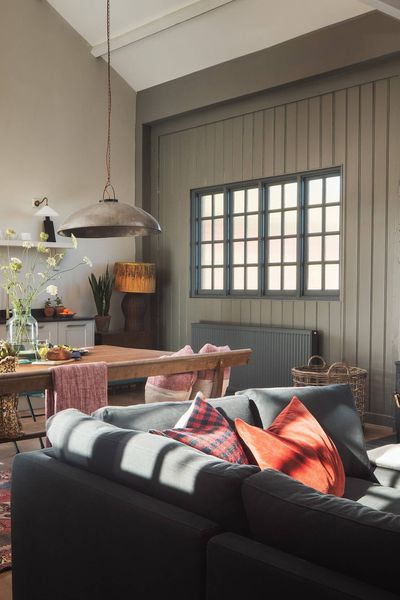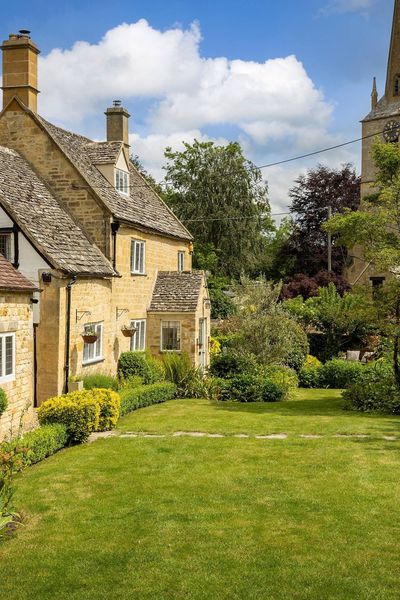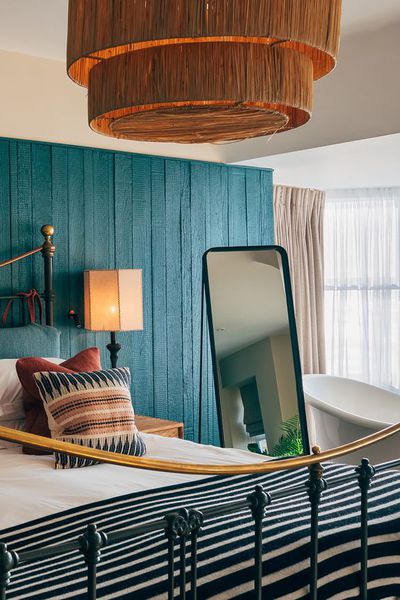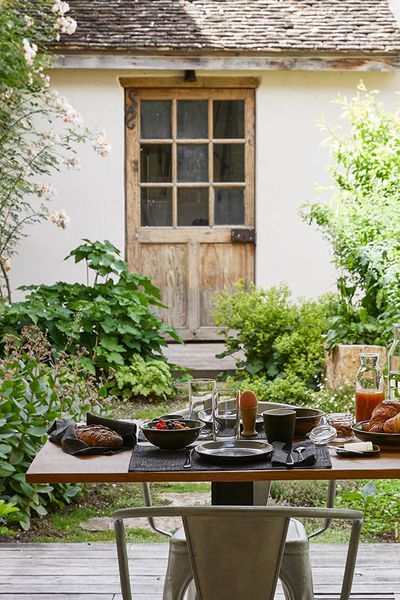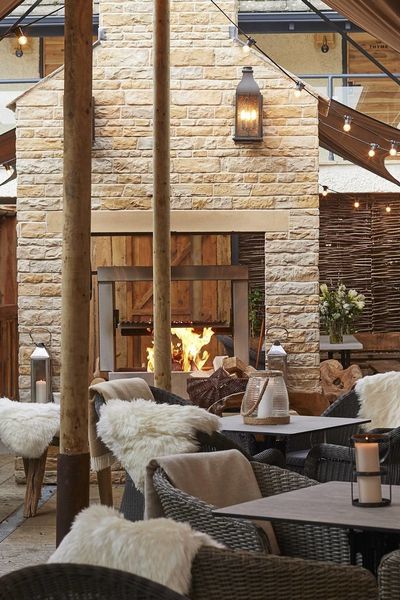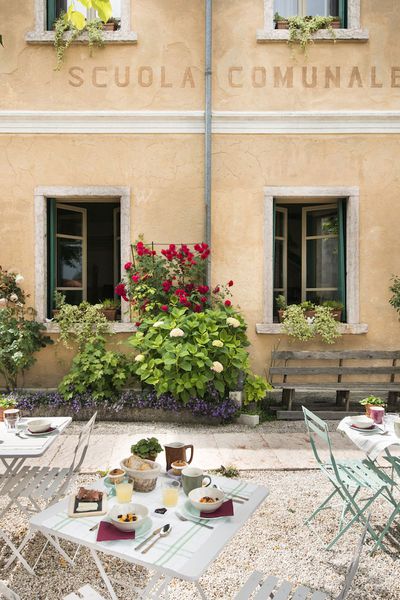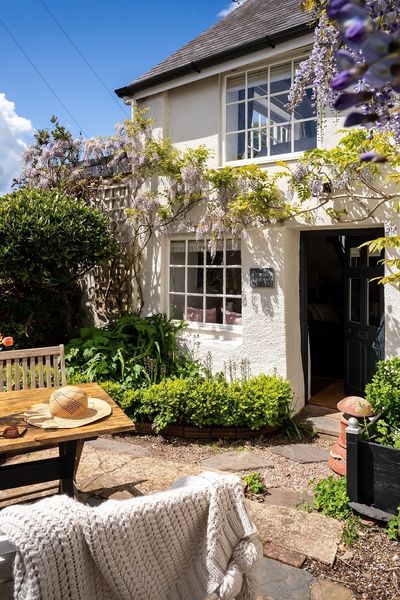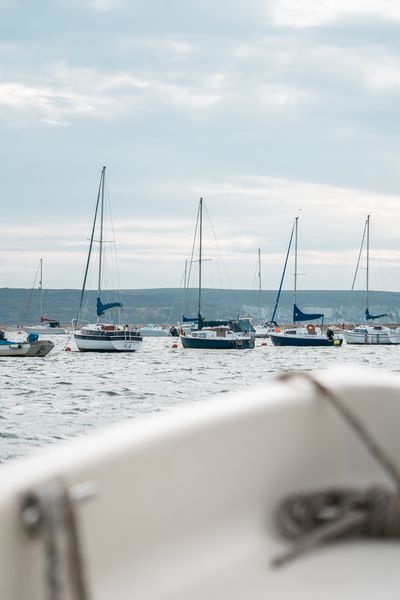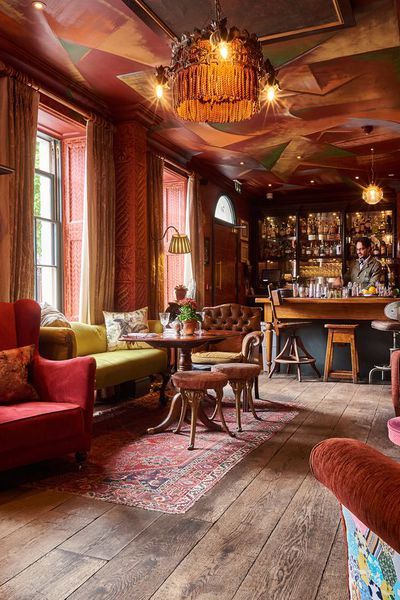It’s a good idea to re-evaluate your cleaning regimes now and make any changes to keep guests even safer. We’ve chatted with Sawday’s owners and looked at other industry sources to create these guidelines but you can keep up to date with government guidelines here. We realise these will keep evolving so we’ll be keeping an eye on them too and letting you know of any significant changes.
Here are some recommendations for cleaning a non-healthcare site during the Coronavirus period:
Before you start

Thoroughly clean your own hands and your cleaning equipment – it’s really important your hands and the mops and cloths you use are squeaky clean. Use disposable cloths or paper towels when possible or wash reusable cloths and mops at 60°C. Disinfect kitchen brushes and sponges with detergent.
Protective clothing
You should always wear gloves and an apron when cleaning before, after and – if you need to – during a guest’s stay. Additional protective clothing could include a mask and/or eye wear.
Clean surfaces twice
Wash and clean surfaces first using hot water and detergent. Then do it all over again using disinfectant agents (1,000 parts per million available chlorine). For the most effective results, leave the surface wet for three minutes before rinsing and wiping dry.

Things guests often touch
Give extra welly to all flat surfaces and places that people can’t help touching. These include: handles, doors, wardrobes, fridges, ovens, wood-burners, BBQ lids, loo seats and flushes, toasters, kettles, light switches, remote controls, taps, waste and recycle bins, fruit bowls, fire pokers, worktops and shelves.
Knives, forks, plates
Put knives, forks and plates through a dishwasher (if you have one) at the highest temperature.
Linen
Where possible, ask guests to remove linen themselves after their stay and put it in a bag you provide. Wash it at the hottest water setting. If you have any reason to believe that the guest has coronavirus symptoms, double-bag the linen and leave it for 72 hours before cleaning. You might want to consider removing, for the time being, items such as bedspreads and throws that cannot be washed between every stay. If you have a steam cleaner available, then you can also consider steam cleaning headboards and sofas etc.

Cleaning products for guests
Make sure guests have got an ample supply of disinfectant, cleaning stuff, hand sanitisers, soap, tissues, kitchen roll/paper towels and clean towels.
Increased cleaning time
It will probably take you a bit longer than normal to do this extra careful cleaning, which means you might have to re-think check-out and check-in times. It might be an idea to do a trial run so you’re sure about your timings.
Make a new cleaning regime checklist
It is important to record in writing your new ‘deep clean’ checklist. Not only will this make sure you do a thorough job, but if the worst happens and you get an insurance claim against you, you can show that you did everything in your power to mitigate infection.
If you have other people helping you with cleaning, please make sure you keep them updated on your new cleaning guidelines and that they also follow government guidelines for their own safety.
If a guest develops symptoms during their stay then you need to be even more careful to follow government cleaning advice about areas that may have been infected.

